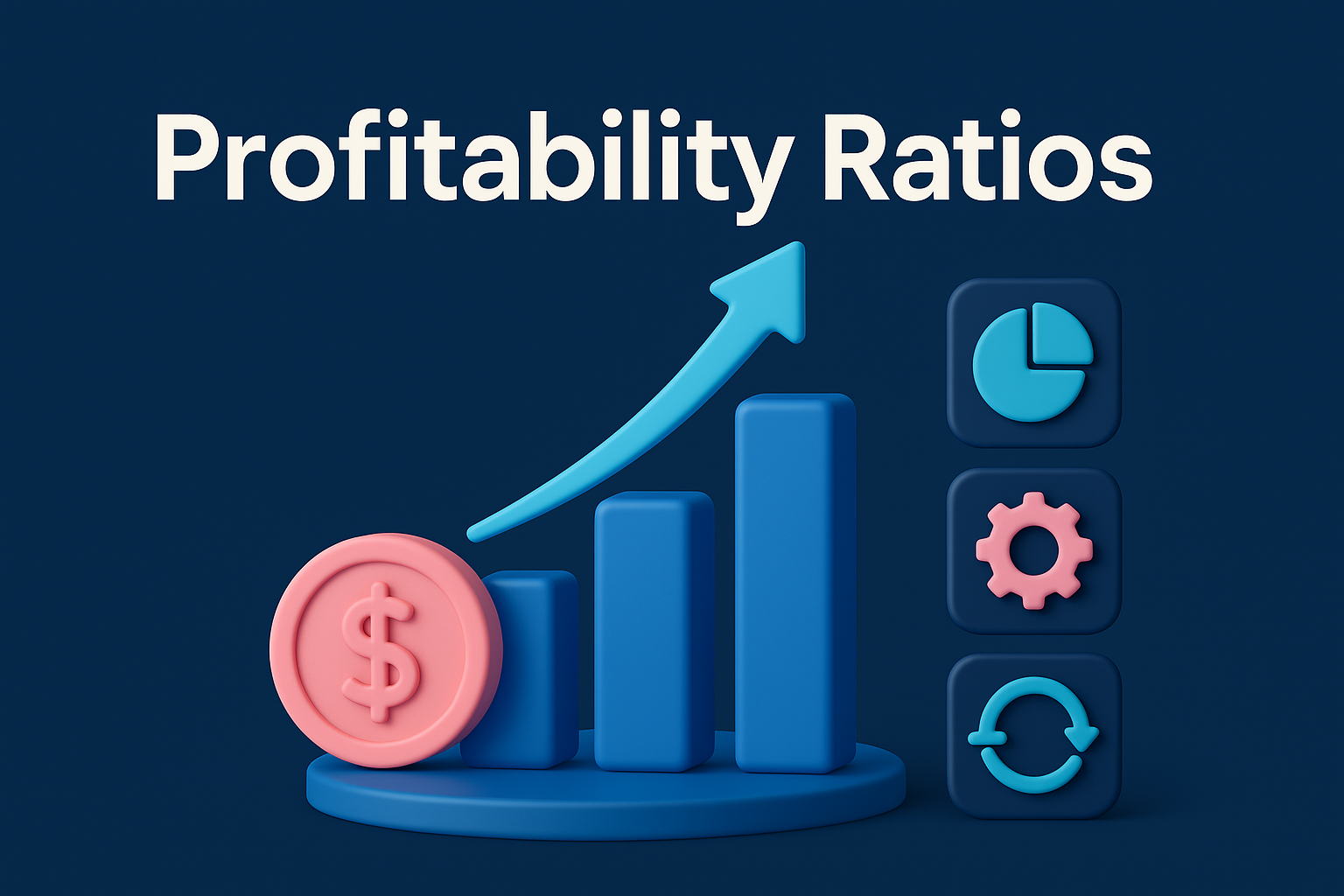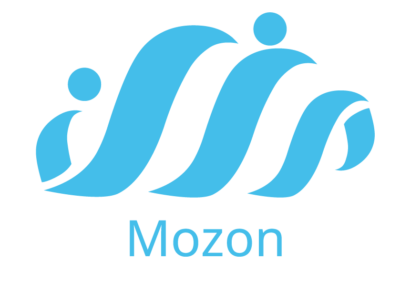Introduction
In the heart of today’s digital transformation, two fundamental elements power the backbone of modern organizations: data centers and cloud computing. While data centers provide the physical infrastructure, cloud computing offers the flexibility and scalability that businesses need to grow, innovate, and stay competitive.
Together, they form the foundation of every digital service, software deployment, and data strategy. This article explores the concepts of data center and cloud computing, their synergy, benefits, challenges, and how companies like Mozon Technologies in Jordan offer trusted, locally-compliant solutions to meet evolving demands.
What Is a Data Center?
A data center is a facility used to house servers, storage devices, networking systems, and computing infrastructure. It’s the secure physical location where business-critical systems run and store vast amounts of digital data.
Key Components Include:
Servers for running applications.
Storage units to manage large data sets.
Network devices for internal and external communication.
Cooling systems to maintain optimal temperatures.
Power backup to ensure uninterrupted operations.
The reliability of any enterprise IT system largely depends on the robustness of its data center.
What Is Cloud Computing?
Cloud computing is the on-demand delivery of IT resources over the internet. Instead of owning physical servers or data centers, organizations can access computing services—such as servers, storage, databases, and software—via third-party providers.
Main Cloud Service Models:
IaaS (Infrastructure as a Service): Flexible IT infrastructure rental.
PaaS (Platform as a Service): Tools and frameworks to build and deploy applications.
SaaS (Software as a Service): Access ready-to-use software via a browser.
With cloud computing, businesses can innovate faster, reduce costs, and achieve operational agility.
The Relationship Between Data Center and Cloud Computing
Although distinct in implementation, data centers and cloud computing work hand-in-hand. Every cloud-based application or service ultimately runs on hardware located in a data center.
Comparative Overview:
| Feature | Data Center | Cloud Computing |
|---|---|---|
| Deployment | On-premises or hosted | Internet-based |
| Scalability | Requires hardware expansion | Instantly scalable |
| Cost Structure | Capital Expenditure (CapEx) | Operational Expenditure (OpEx) |
| Maintenance | Internal IT team | Provider-managed |
| Speed of Deployment | Slower | Fast and on-demand |
A hybrid model—combining both local data centers and public/private clouds—is often the preferred approach for businesses balancing control, compliance, and innovation.
Key Advantages of Cloud Computing
1. Lower Upfront Costs
Cloud eliminates the need for costly infrastructure investments and reduces long-term IT overhead.
2. Flexibility and Agility
Resources can be adjusted dynamically according to demand, allowing businesses to respond quickly to market changes.
3. High Availability
Cloud services are designed for redundancy and failover, ensuring systems remain operational 24/7.
4. Remote Accessibility
Teams can collaborate across locations with secure access to systems and data from any device.
5. Built-in Disaster Recovery
Many cloud platforms offer automatic backups and recovery systems as part of their service.
Challenges in Cloud and Data Center Management
While the benefits are significant, businesses also face challenges when navigating cloud and data infrastructure:
Compliance and Data Sovereignty: Ensuring that data is stored within regional legal jurisdictions.
Security Management: Properly configuring and protecting access to cloud resources.
Latency and Performance: Performance may vary depending on user location and internet reliability.
Vendor Lock-In: Dependency on a single provider can limit flexibility and portability.
Mozon Technologies: Bridging Local Needs with Global Infrastructure
Mozon Technologies, a leading software and IT solutions provider in Jordan, delivers tailored cloud hosting, data center services, and business system deployments that support local compliance, security, and performance needs.
What Sets Mozon Apart?
✅ Secure Local Hosting: All data is hosted within Jordan’s borders, complying with national regulations.
✅ ERP-Ready Infrastructure: Mozon’s data infrastructure supports critical business systems like MACC (Accounting), MHR (HR), MEDU (Education), and more.
✅ Cloud-Enabled Platforms: All systems can be deployed on private, public, or hybrid clouds depending on the organization’s size and needs.
✅ API Integration Support: Mozon offers full support for system interoperability, enabling smooth integration with external tools and national systems.
✅ Proactive Monitoring and Support: From backup management to uptime monitoring, Mozon ensures continuous operational excellence.
The Future of Data and Cloud Infrastructure
Organizations worldwide are adopting smarter infrastructure strategies. Here’s what the future looks like:
Edge Computing: Data processing closer to users and devices for reduced latency.
Sustainable Data Centers: Focus on renewable energy and reduced emissions.
Serverless Architectures: Developers can deploy applications without managing infrastructure.
Multi-Cloud Strategy: Avoiding vendor lock-in by distributing workloads across providers.
AI-Enhanced Management: Predictive tools for server optimization and maintenance (handled by providers, not users).
Conclusion
In the age of digital transformation, the collaboration between data centers and cloud computing is essential to achieving resilience, flexibility, and innovation. Whether it’s managing core operations, enabling remote work, or scaling infrastructure on demand, businesses must rely on robust IT foundations to thrive.
At Mozon Technologies, we combine local expertise with global standards to offer powerful cloud-hosted systems, ensuring your business is always secure, compliant, and future-ready.
If you’re ready to migrate your business operations to a modern, secure, and scalable environment — Mozon is your ideal partner.
References
Microsoft Azure. (2024). Introduction to Cloud Concepts.
IBM. (2024). Data Centers vs. Cloud Computing.
Statista. (2024). Global Cloud Market Growth Forecast.
Gartner. (2024). Top Trends in Infrastructure and Operations.
Mozon Technologies. (2025). https://mozon-tech.com/en/home/





